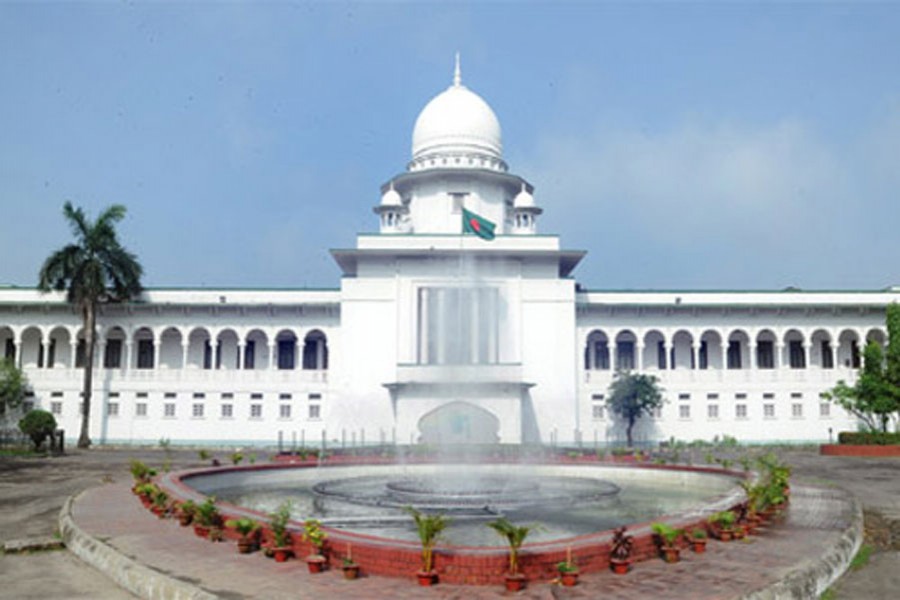The Appellate Division of the Supreme Court has observed in a full verdict that the legislature cannot make relevant circumstances irrelevant and deprive the court of its legitimate jurisdiction to exercise its discretion in appropriate cases.
It also observed that the determination of appropriate measures of punishment is judicial and not executive functions. The court will enunciate the relevant facts to be considered and weight to be given to them having regard to the situation of the case.
A provision of law which deprives the court to use its beneficent discretion in a matter of life and death, without regard to the circumstances in which the offence was committed and, therefore without regard to the gravity of the offence cannot but be regarded as harsh, unfair and oppressive, the apex court also observed.
A six-member bench of the Appellate Division headed by Chief Justice Syed Mahmud Hossain delivered the verdict after hearing a criminal appeal petition.
The short verdict was given on June 22 this year. The full text of the verdict was released on the Supreme Court website on Thursday.
The criminal petition was submitted by one Anowar Hossain of Chakaria upazila under Cox’s Bazar district against a High Court verdict delivered on November 2, 2002, upholding a trial court death penalty given to him on the charge of killing and raping his sister in law, Hasina Begum, 14.
Upon hearing the appeal petition, the Appellate Division commuted the sentence of Anowar Hossain from death to life imprisonment.


